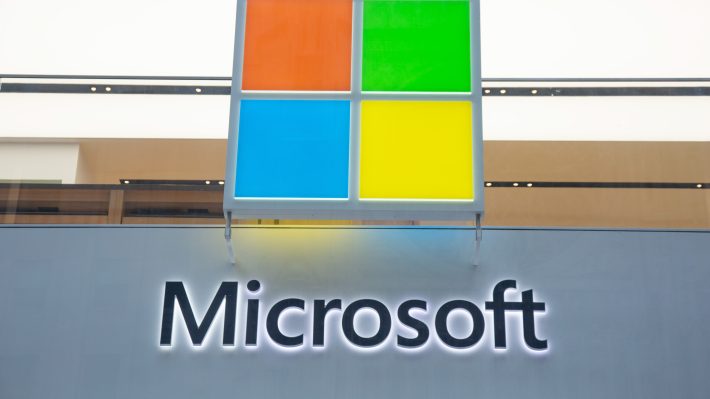Microsoft says that it’s facing a hefty tax bill over historical accounting practices dating back nearly 20 years.
In a filing yesterday with the Securities and Exchange Commission (SEC), the company confirmed that the Internal Revenue Service (IRS) has arrived at a figure of $28.9 billion — plus penalties and interest — that Microsoft allegedly owes in unpaid taxes. This follows a lengthy audit carried out by the IRS covering the period 2004 to 2013.
The IRS case in question dates back about a decade, when the tax body started getting aggressive with large corporations stashing profits in overseas tax havens — with Microsoft landing firmly in its crosshairs. ProPublica did a pretty good job of summarizing everything here, but the gist is that Microsoft had apparently moved “at least” $39 billion in profits to Puerto Rico, under a scheme that saw its intellectual property (IP) transferred to a small factory it owned on the Caribbean island.
Years of legal and political wrangling later, and things are still not fully resolved. In January, Microsoft lost a lawsuit where it had attempted to force the IRS to release thousands of records related to its audit. And now we’re finally at a stage where Microsoft might just have to pony up nearly $29 billion in tax, though the company says that this in fact should fall by as much as $10 billion. This, it says, is because the IRS didn’t factor in taxes it paid under the Trump-era Tax Cuts and Jobs Act (TCJA), legislation designed to reduce taxes and encourage corporations to bring their foreign profits back home at a one-time tax rate.
Tax efficient
The corporate landscape has changed a lot in the past 20 years. In 2004, the top 10 most valuable companies (by market capitalization) in the world were more “traditional” firms such as energy giants, banks, pharmaceuticals and grocery chains — however, Microsoft and Intel were notable outliers in that list.
Fast-forward to today, and the top 10 are substantively technology companies, with Microsoft now a $2.5 trillion juggernaut that sits in second place behind Apple, which briefly flirted with life as a $3 trillion company a few months back.
It’s difficult to quantify how much Microsoft’s growth can be apportioned to historical accounting practices, but $29 billion is nothing to be sniffed at. It’s also worth noting that the IRS hasn’t exclusively pursued Microsoft from the tech world, with Amazon emerging victorious in a $1.5 billion tax dispute with the IRS back in 2019, over assets it had transferred to its Luxembourg subsidiary more than a decade previous.
As for now, according to Microsoft, the IRS sent it Notices of Proposed Adjustment (NOPAs) at the end of September, officially ending the audit for the 2004-2013 period. But this will now kickstart another prolonged period of lawyering, as Microsoft jostles with the IRS over how much it should actually pay.
“Microsoft disagrees with these proposed adjustments and will pursue an appeal within the IRS, a process expected to take several years,” it wrote in its SEC filing. “We believe we have always followed the IRS’ rules and paid the taxes we owe in the U.S. and around the world.”
And if, at the end of this appeals process, no agreement is reached, Daniel Goff, Microsoft corporate VP for worldwide tax and customs, says that they will be prepared to pursue further legal interventions.
“If we are unable to come to a direct agreement with the IRS, Microsoft will then have an opportunity to contest any unresolved issues through the courts,” Goff said in a blog post.
